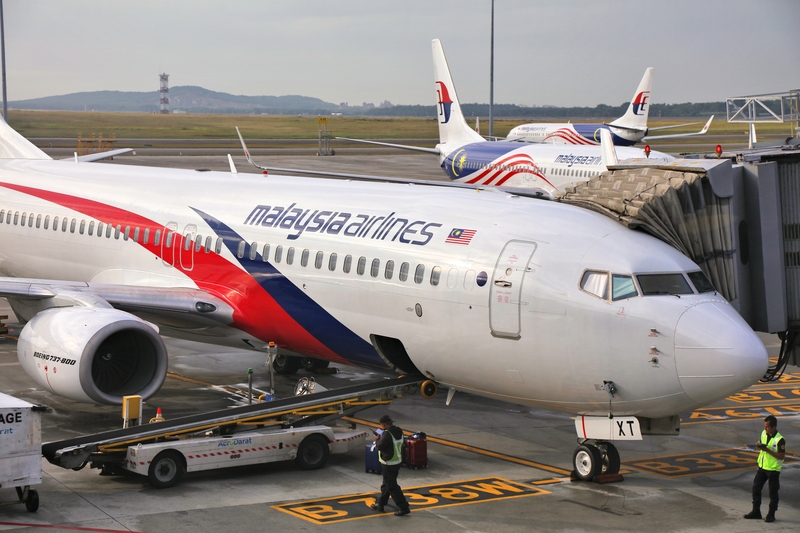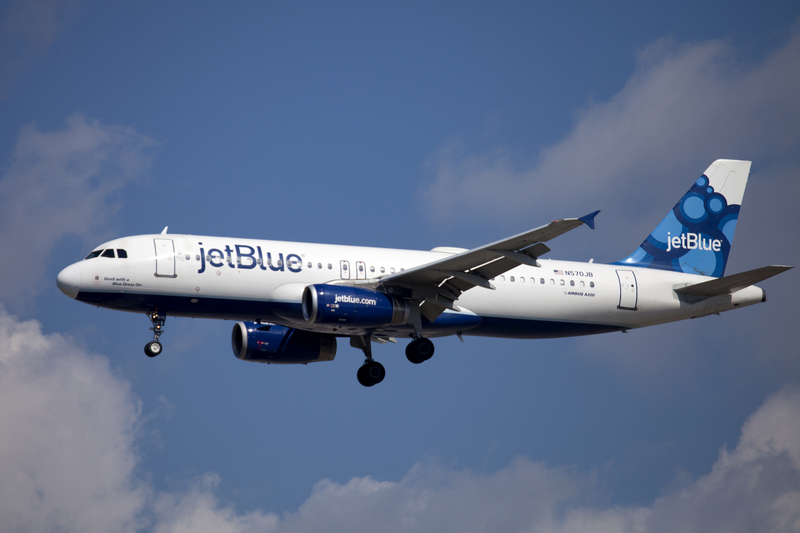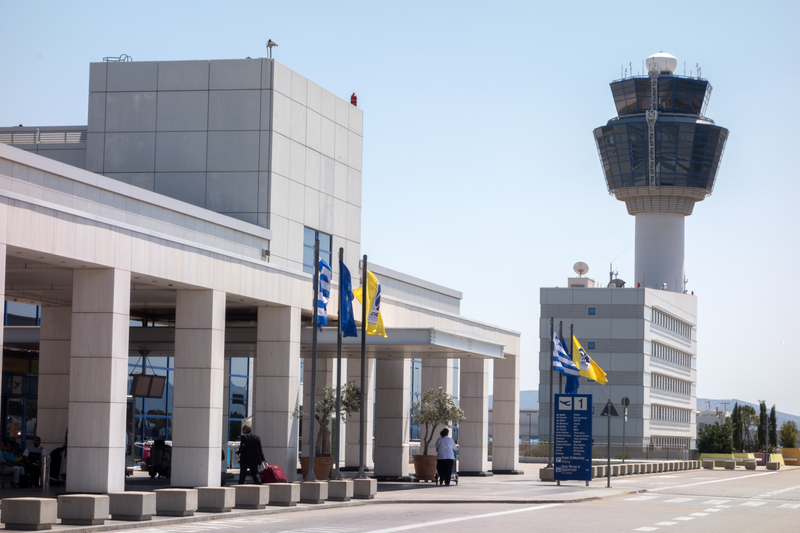Malaysia Airlines’ Air Operator Certificate Duration Reduced Amid Maintenance and Safety Concerns

ID 339964182 © Tupungato | Dreamstime.com
Malaysia’s Civil Aviation Authority (CAAM) has reduced the validity of Malaysia Airlines’ Air Operator Certificate (AOC) from three years to one year. This decision follows an audit that revealed several operational, safety, and maintenance challenges within the airline, prompting increased regulatory scrutiny. By reducing the AOC duration, CAAM aims to enforce more frequent oversight to ensure that Malaysia Airlines addresses these issues and improves its safety and operational standards.
The decision underscores Malaysia’s commitment to maintaining high safety standards and reflects the regulatory measures that CAAM is willing to implement to protect passengers and ensure the integrity of national carriers.
Findings of the CAAM Audit
In June 2024, CAAM conducted a surprise audit of Malaysia Airlines and its maintenance arm, MAB Engineering Services (Mabes), uncovering several operational deficiencies that have reportedly impacted the airline’s ability to maintain its fleet effectively. Among the key findings was a critical shortage of skilled maintenance personnel. Since January 2024, the airline has lost 63 trained technicians and engineers, creating staffing challenges that directly affect its safety and maintenance operations.
The audit also identified various technical deficiencies in the airline’s safety management system (SMS) and flagged concerns about the availability of critical aircraft parts and components. The shortage of these essential resources has created operational difficulties, leading to extended maintenance downtimes and delayed flights on some routes. These challenges collectively impact Malaysia Airlines’ ability to operate efficiently and safely, according to CAAM’s audit report.
Aviation industry experts suggest that the loss of trained personnel may stem from broader workforce issues in the aviation sector, as global airlines compete for skilled workers amid a surge in travel demand. Malaysia Airlines, like many airlines, faces the dual challenge of hiring skilled personnel and meeting high operational standards amidst intense competition for talent.
Mitigation Plan and Monthly Reporting Requirements
In response to CAAM’s findings, Malaysia Airlines has devised a comprehensive mitigation plan that prioritizes recruitment, enhanced safety protocols, and targeted investments in maintenance. The airline plans to undertake an aggressive hiring campaign to fill critical positions in its maintenance division, while also working to optimize its inventory of parts and improve the speed of in-house repairs.
Malaysia Airlines has also committed to submitting monthly progress reports to CAAM as part of a stringent monitoring process. These reports will detail the airline’s efforts to address the identified deficiencies, track recruitment progress, and highlight any new measures undertaken to improve safety and reliability. The monthly reporting requirement is a condition of Malaysia Airlines’ AOC and allows CAAM to monitor the airline’s compliance in real-time.
CAAM’s Transport Minister, Anthony Loke, stated that the decision to reduce the AOC duration reflects the government’s intent to “drive accountability and continuous improvement” in the aviation sector. Loke emphasized that airlines must “adhere to high standards,” particularly as Malaysia strives to maintain its status as a hub for reliable and safe air travel.
Temporary Route Adjustments
As part of its plan to improve operations, Malaysia Airlines’ parent company, Malaysia Aviation Group (MAG), has announced temporary reductions in flight schedules on several key routes, effective until December 2024. By reducing capacity on select routes, the airline can better allocate resources and focus on enhancing its maintenance and service capabilities.
The affected routes include popular regional and long-haul destinations such as Bangkok, Denpasar, Ho Chi Minh City, Jakarta, Jeddah, Medan, Mumbai, Osaka, Seoul, Shanghai, Singapore, Tokyo, and Yangon. Passengers booked on these routes will be offered alternative travel options, and Malaysia Airlines has assured its customers that the temporary reductions are a necessary step in implementing long-term improvements.
The decision to reduce flights is also intended to alleviate some of the immediate operational pressures on Malaysia Airlines as it addresses the findings from CAAM’s audit. By temporarily suspending or reducing services, the airline can focus more intensively on aircraft maintenance and personnel training, while also rebuilding its component inventory to improve repair efficiency.
Increased Oversight and Annual Audits
Under the new one-year AOC duration, Malaysia Airlines will undergo more frequent audits and evaluations by CAAM to assess compliance and ensure that the identified issues are being effectively resolved. CAAM has indicated that these annual audits will become a regular practice for Malaysia Airlines and that the airline’s AOC renewal will depend on its continued progress in addressing maintenance and safety concerns.
Anthony Loke emphasized that the government’s approach is aimed at encouraging continuous improvement within Malaysia Airlines. He added that more frequent oversight would help the airline maintain the highest possible standards of safety and reliability, ultimately benefiting passengers and enhancing Malaysia’s aviation reputation.
The one-year AOC limit serves as a strong regulatory measure that holds Malaysia Airlines accountable for achieving operational improvements within a specified timeline. According to industry analysts, this approach will provide CAAM with an opportunity to directly observe how the airline handles the operational challenges highlighted in the audit, allowing for prompt corrective actions if needed.
Broader Implications for the Aviation Industry in Malaysia
Malaysia Airlines’ AOC reduction is an unprecedented move by CAAM and reflects the regulator’s willingness to take firm action to maintain safety standards. By imposing a reduced AOC period, CAAM is setting a precedent that may influence other carriers operating within Malaysia and potentially beyond.
The implications of this regulatory decision extend beyond Malaysia Airlines, as it signals to the entire aviation industry that Malaysian authorities are committed to proactive safety management and oversight. This move may prompt other airlines within Malaysia to review their own operational standards and safety practices to ensure compliance with CAAM’s expectations.
Bottom line
The reduction of Malaysia Airlines’ Air Operator Certificate duration to one year marks a critical moment for the airline, which must now demonstrate its commitment to improving safety and operational standards. The implementation of monthly reporting, a targeted recruitment drive, and temporary route adjustments are all part of Malaysia Airlines’ comprehensive plan to meet CAAM’s requirements and restore confidence in its operations.
CAAM’s proactive stance highlights the importance of stringent regulatory oversight and reinforces the role of safety as the cornerstone of the aviation industry. As Malaysia Airlines works to implement its mitigation plan and address CAAM’s findings, the airline’s progress will be closely watched, both by regulatory authorities and industry stakeholders. Through increased accountability and a clear focus on safety, Malaysia Airlines aims to reestablish itself as a reliable carrier within the increasingly competitive global aviation landscape.





